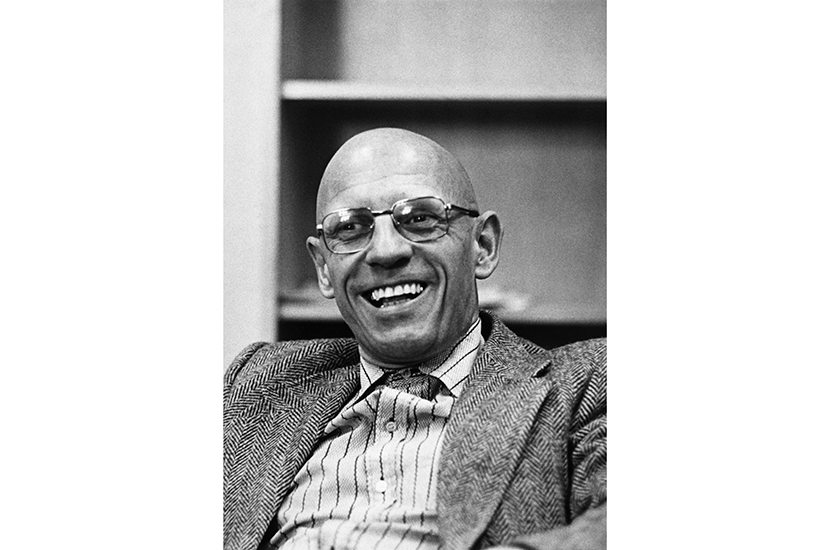Consider the hare and the hyena. The hare, Clement of Alexandria told readers of his 2nd-century sexual self-help manual Paedagogus, was thought to possess both male and female sexes and swapped their roles from year to year. As for the hyena, it was believed to acquire an extra anus annually and ‘to make the worst use of these added orifices’, as Michel Foucault puts it in the newly translated fourth volume of his History of Sexuality.
For early church theologians the moral lesson was clear: we must not emulate gender-bending hares or randy hyenas. Rather, sex should be procreative, not pleasurable; we must go forth and multiply, borne by duty, not ecstasy. St Augustine went as far as to argue that since Adam and Eve were banished from Eden, sex was inherently tainted by association with original sin. Only outside Eden did Adam’s penis stir unbidden, cursing humans to become slaves to their degrading appetites. Many church fathers, Foucault considers, championed virginity as a lifestyle alternative.
All this is fascinating. But Foucault’s posthumously published book about sexual norms in early Christendom takes on poignant resonance, given claims earlier this year by a fellow French professor that its author was a paedophile rapist who had sex with Arab children while living in Tunisia in the late 1960s. If Foucault learned about the art of sexual restraint preached by the theologians he studied, Guy Sorman’s revelations suggest he rarely practised it.
Sorman told the Sunday Times that he witnessed Foucault throwing money at boys aged eight and inviting them to meet him for nocturnal sex at the local cemetery, where he abused them on the gravestones. The question of consent wasn’t even raised. Sorman, who gave the interview to publicise his book Mon dictionnaire du Bullshit — an indictment of irrationalist thought for which he thinks the likes of Foucault were responsible — said he regretted not telling the police, but that Foucault’s status as philosopher king made him fearful of doing so.







Comments
Join the debate for just £1 a month
Be part of the conversation with other Spectator readers by getting your first three months for £3.
UNLOCK ACCESS Just £1 a monthAlready a subscriber? Log in